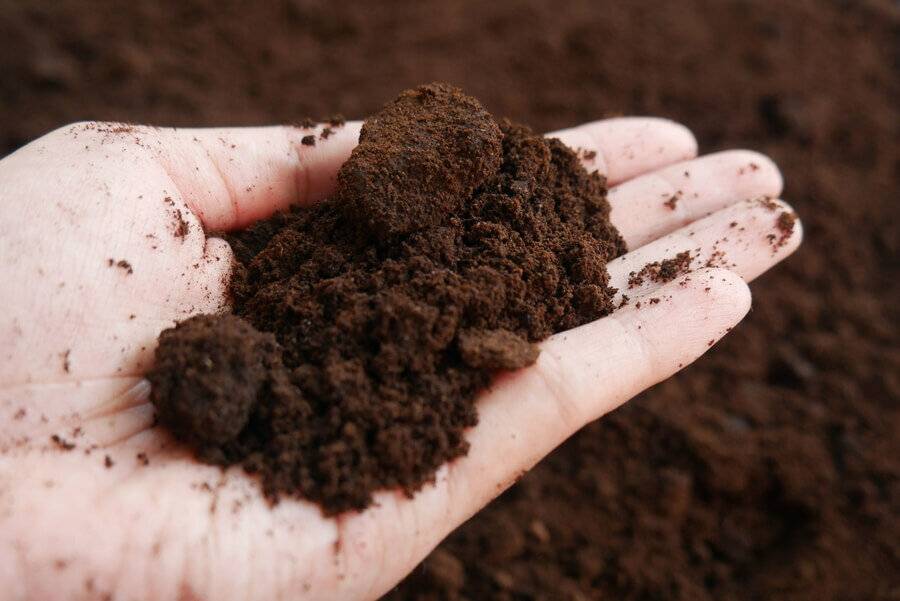Is Epsom Salt Safe for Septic Systems?
Septic systems play a crucial role in managing household wastewater, ensuring a clean and healthy environment. However, many homeowners are often unsure about the impact of certain substances on septic systems. One such substance that has garnered attention is Epsom salt. In this article, we will explore whether Epsom salt is safe for septic systems and provide you with the blunt truth you need to know.
| Topic | Summary |
|---|---|
| Is Epsom Salt Safe for Septic Systems? | We will examine the impact of Epsom salt on septic systems and determine its safety. |
Before delving into the specifics, it’s essential to understand the function of septic systems. These systems are designed to treat and dispose of household wastewater by separating solids from liquids and allowing the liquids to be absorbed into the soil. Any substance introduced into the septic system can potentially disrupt this delicate balance, leading to costly repairs and environmental hazards.
Epsom salt, also known as magnesium sulfate, is a popular household product renowned for its various uses, such as soothing baths and gardening. It contains magnesium, which some believe can benefit septic systems. However, it is crucial to separate fact from fiction and determine whether Epsom salt poses any risks to septic systems.
Throughout this article, we will provide you with straightforward information, devoid of sugarcoating, to help you make an informed decision regarding the use of Epsom salt in your septic system. We will explore its potential effects, address any safety concerns, and conclude with practical recommendations. So, let’s dive in and uncover the truth about Epsom salt and septic systems.
The Impact of Epsom Salt on Septic Systems
When it comes to septic systems, it is crucial to be cautious about the substances we introduce into them. Now, let’s address the burning question: is Epsom salt safe for septic systems?
The Composition of Epsom Salt
Epsom salt is composed of magnesium and sulfate. While these components may have beneficial properties for certain applications, their impact on septic systems is a different matter altogether.
Potential Risks to Septic Systems
Introducing Epsom salt into your septic system can pose several risks. Firstly, the high concentration of magnesium in Epsom salt can disrupt the natural balance of bacteria in the septic tank. These bacteria are responsible for breaking down solid waste and ensuring the efficient functioning of the system. By altering the bacterial balance, Epsom salt can hinder the decomposition process and lead to clogs and backups.
Additionally, the sulfate component of Epsom salt can contribute to the formation of hydrogen sulfide gas within the septic system. This gas has a distinct rotten egg odor and can be both unpleasant and potentially harmful. Moreover, hydrogen sulfide gas can corrode metal components of the septic system, leading to structural damage and costly repairs.
Safety Concerns
While some proponents argue that Epsom salt can enhance the performance of septic systems, it is important to consider the potential risks involved. The disruption of the bacterial balance and the formation of hydrogen sulfide gas outweigh any perceived benefits. It is best to err on the side of caution and avoid introducing Epsom salt into your septic system.
Conclusion
After careful consideration, it is clear that Epsom salt is not suitable for septic systems. The potential risks it poses, such as disrupting bacterial balance and contributing to the formation of harmful gases, outweigh any potential benefits. To maintain the optimal functioning of your septic system, it is advisable to avoid using Epsom salt altogether.
Remember, the key to a healthy septic system lies in proper maintenance, regular pumping, and responsible use of water and household products. By following these guidelines and avoiding substances like Epsom salt, you can ensure the longevity and efficiency of your septic system.


0 Comments